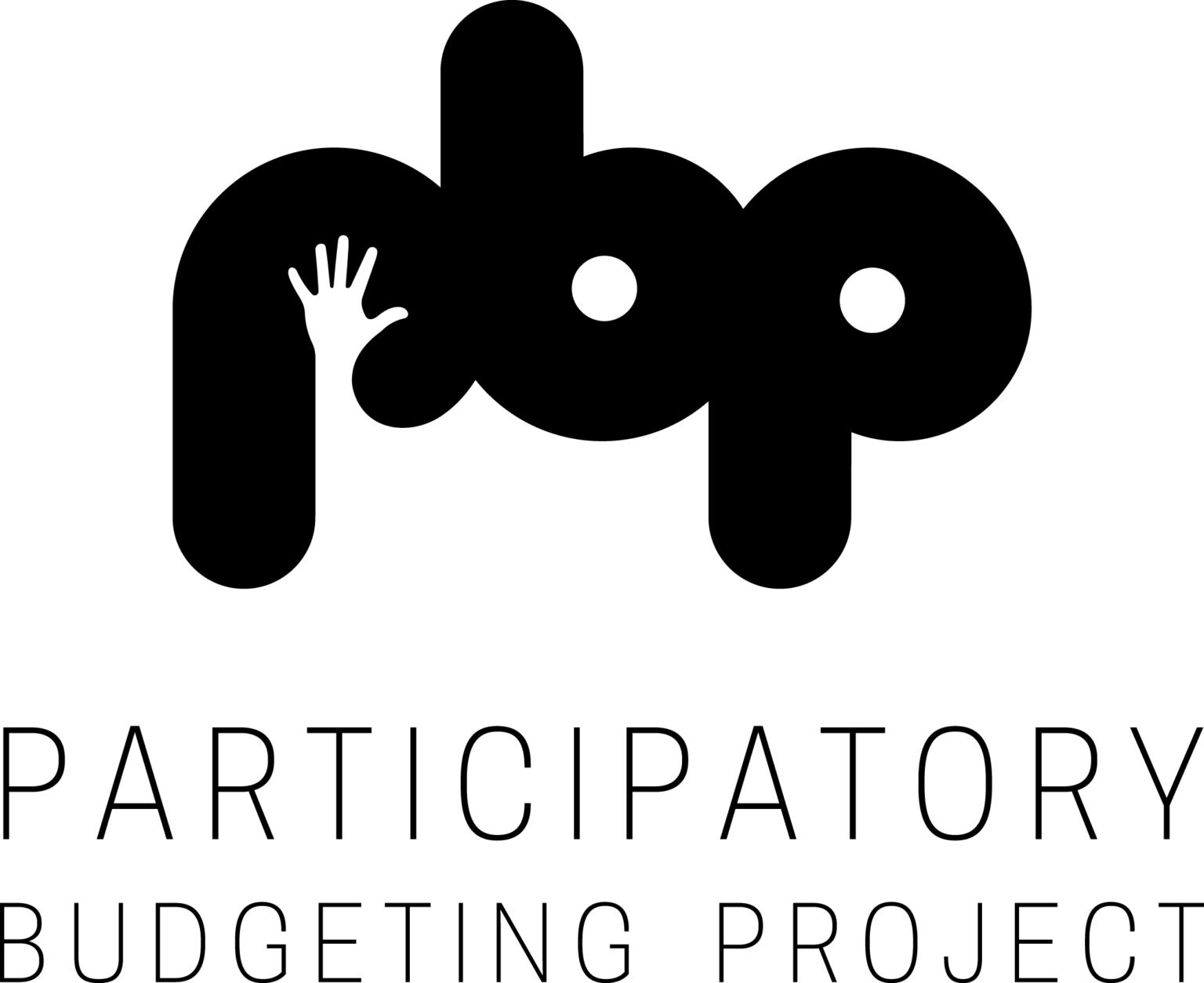What do youth apprenticeship programs, safe routes to schools, and mobile showers for the homeless community have in common?
They all make communities more resilient, more equitable, and more sustainable.
They are all eligible to be funded by Community Development Block Grants (CDGB).
And they are just some of the many projects directly decided by Oakland residents in the nation’s first participatory budgeting (PB) process with federal funds.

CDBG funds, from the US Department of Housing and Urban Development (HUD), legally require community input and engagement. Getting residents engaged in government allocation policy can be difficult to do well. Public comment rules at budget hearings make real dialogue nearly impossible. Online outreach is rarely utilized effectively and often excludes those who don’t have access. In order to make community input on CDBG funds both meaningful and representative, HUD has recommended PB. With PB, we have a chance to rebuild the relationship between people and their government.
With the Federal Government threatening to completely cut CDBG funding for upcoming years, the Oakland process was particularly monumental because it centered the voices of low-income residents as experts on the needs in their communities.
CDBG and other HUD programs currently on the chopping block provide vital resources to vulnerable communities while building resilience and investing in community leadership.
These investments are a tiny portion of the overall federal budget but they can change the way government works by changing the way we relate to government. Not only are these funds necessary, but by allocating them through PB we’re investing in the infrastructure of public participation and grassroots democracy. We must rebuild bridges between the people and our government because our civic infrastructure is crumbling.
PB only works when the community shows up. And thanks to incredible volunteers and outreach partners like Asian Pacific Environmental Network (APEN) and Oakland Rising, more than 1,200 people of all ages speaking four different languages came together to decide how to spend $784,678 (in 2 districts over 2 years) to benefit low-income residents in council districts 1 and 2. Their work proved, again, that PB is a powerful model for uplifting people power.
PB advocates and champions like the California Endowment, Akonadi Foundation, and Irvine Foundation provided funding to implement this pilot program. They have identified PB as a tool for real empowerment and a catalyst for improving community health — while we are excited to build on this success, it’s necessary that there are budgets to be allocated.
Some of the winning projects mentioned above include:
NORTH OAKLAND (DISTRICT 1)
- HOMELESS SERVICES – that provide access to showers and hygiene resources for homeless individuals and encampments through mobile services.
- CAPITAL IMPROVEMENTS/INFRASTRUCTURE – to heavily trafficked streets to ensure the safety of school students, including: school zone crosswalks; restriping to remove center turn lanes; widening of traffic and cycling lanes; traffic circles; and accessible public open space.
EASTLAKE/SAN ANTONIO/CHINATOWN (DISTRICT 2)
- SOCIAL SERVICES – that provide services, referrals and support for youth and adult immigrants who speak English as a second language.
- YOUTH SERVICES – that provide opportunities for summer and year-round internship, apprenticeship and employment as well as career development for youth ages 13 to 19.
- CAPITAL IMPROVEMENTS/INFRASTRUCTURE – one or more community gardens to foster community engagement and education for low-income residents.
For a complete list, visit the Oakland CDBG Website.
To learn more about PB and what we’re doing to make democracy work across the US and Canada, sign up for our newsletter and follow us on Twitter or Facebook.
Do you have a budget in mind that you want to see decided by the people who know best?
Email us at info@participatorybudgeting.org to get started.
This summer marks five years of participatory budgeting (PB) in California, during which over 10,000 people in cities and high schools around the state have decided together how to spend public funds in their communities.
Join us on June 1st, 6-9:30 pm at Joyce Gordon Gallery (406 14th St, Oakland, CA 94612) as we celebrate PB and those who make it possible at our first Oakland PBParty Benefit!







One Response
With participatory budgeting,citizens are able to share what is critical for revenue collection and help them to demand for accountability. Advocating for propoor budgets increases transparency and cost effectiveness. We are following you and keep up the spirit.